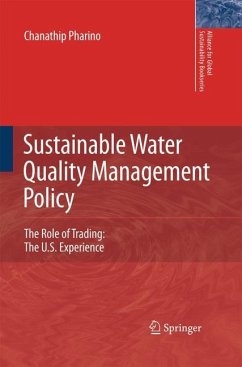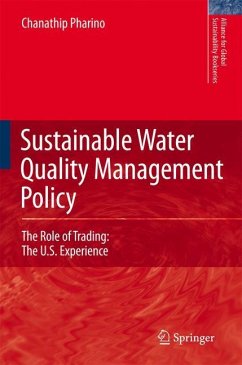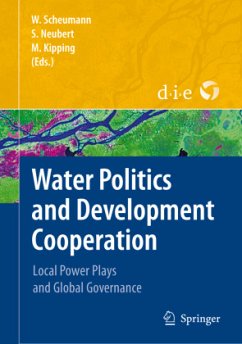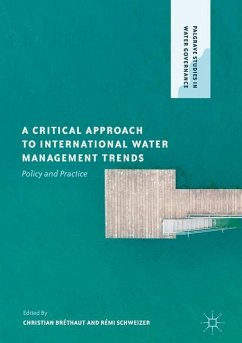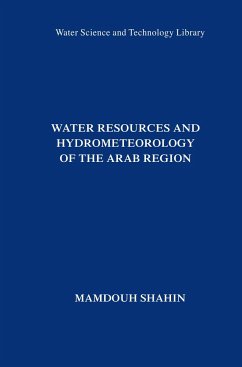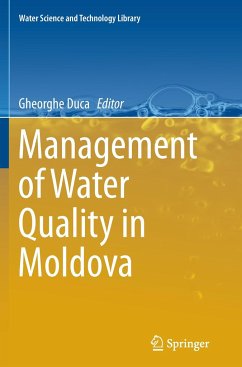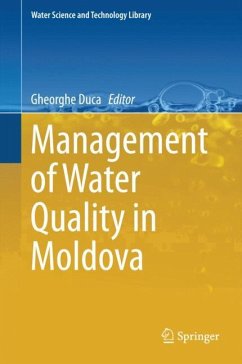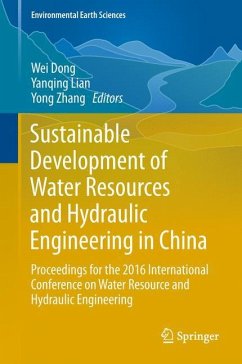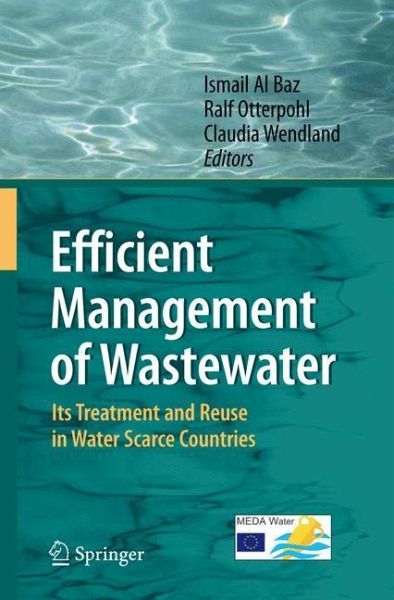
Efficient Management of Wastewater
Its Treatment and Reuse in Water-Scarce Countries
Herausgegeben: Baz, Ismail Al; Otterpohl, Ralf; Wendland, Claudia
Versandkostenfrei!
Versandfertig in 6-10 Tagen
113,99 €
inkl. MwSt.

PAYBACK Punkte
57 °P sammeln!
Water reuse management is one of the challenges all water scarce countries have to deal with in the coming decades. The present book highlights non-conventional solutions within the field of wastewater treatment and reuse predominantly for professionals and decision makers. It focuses on technologies which are reliable, sustainable, low cost and suitable for rural and sub urban areas. In addition, particularly innovative on-site concepts are presented.
Water in the MEDA region is a crucial issue, with regard to the availability of ren- able water resources in the MEDA countries most will face even more serious pr- lems in the management of their limited water resources in the near future. This will require a lot of efforts to be made for more efficient management of water, in order to secure the economic and social development of the coming generations. According to the FAO (2006) the average of renewable water resources in the MENA region is below the limit of 1000 CM per Capita and Year, for Egypt for example is this 794 CM, for Algeria und Tunisia 481 CM, for Jordan 180, Yemen 234, and Palestine 100 which are far below the limit of 500 CM that classify these countries as the most water stressed countries worldwide. The alarming aspect is the fact that the limited renewable available water resources development have been decreasing in the last thirty years, between 1974 - 2000 we had 66% decrease for Jordan and 64 % for Yemen, due to the increasing population growth and the increase of water demands for agriculture, industrial and domestic use. These figures underline the importance of the topics of this book that shall give help to experts and decision makers to over come the future water resources problems in the region.




